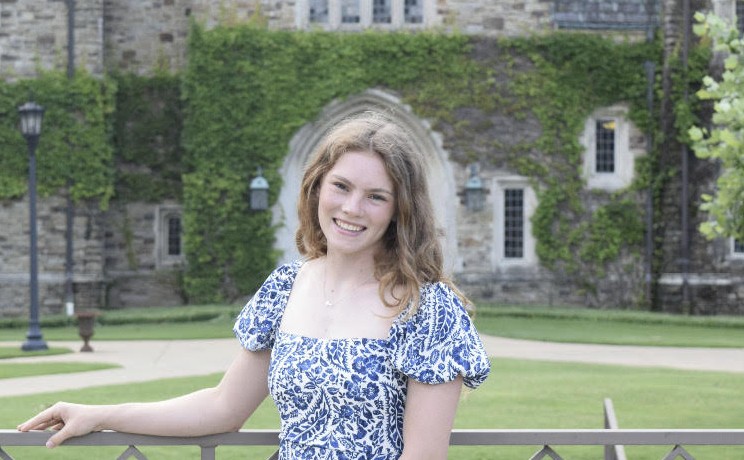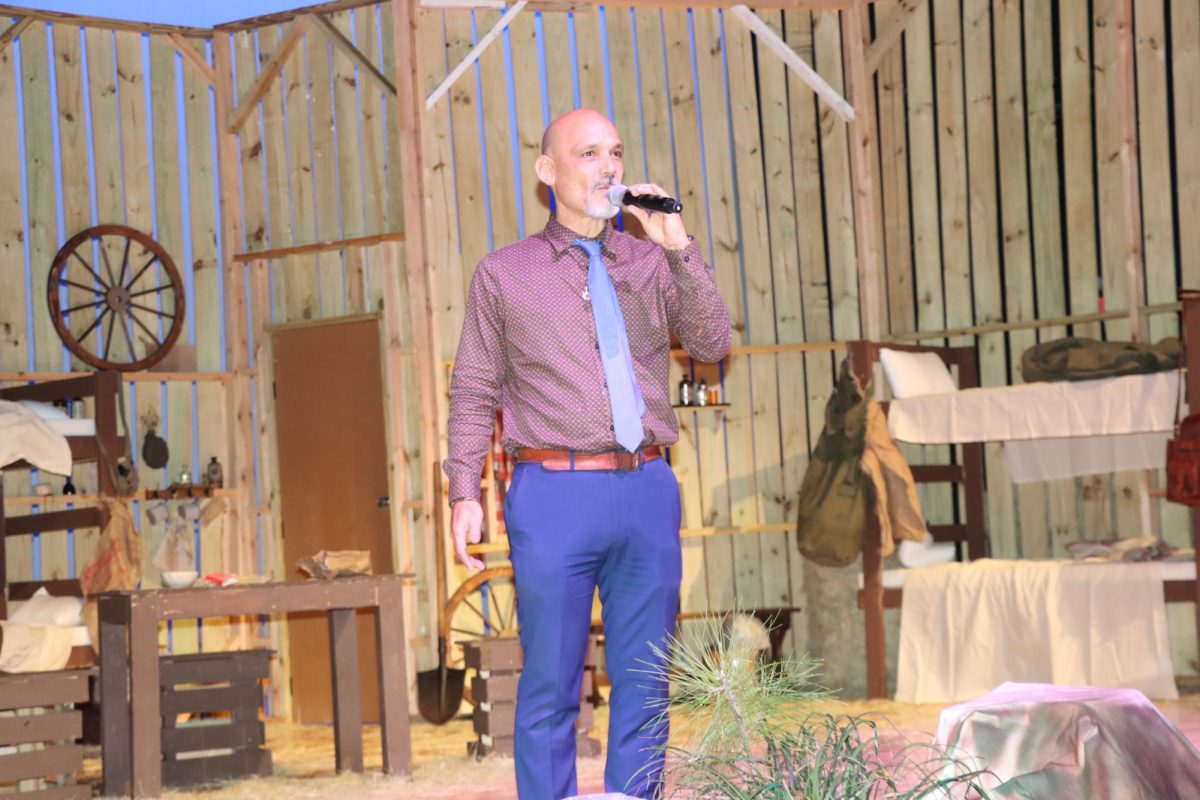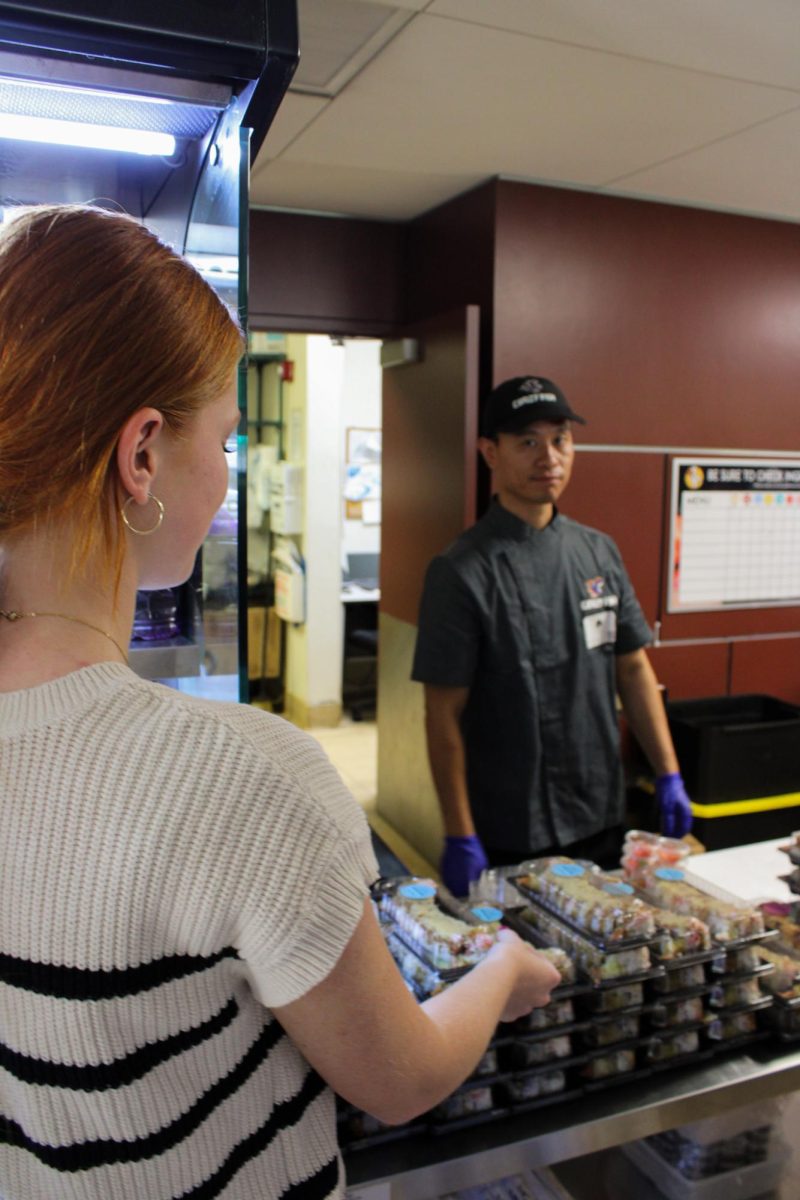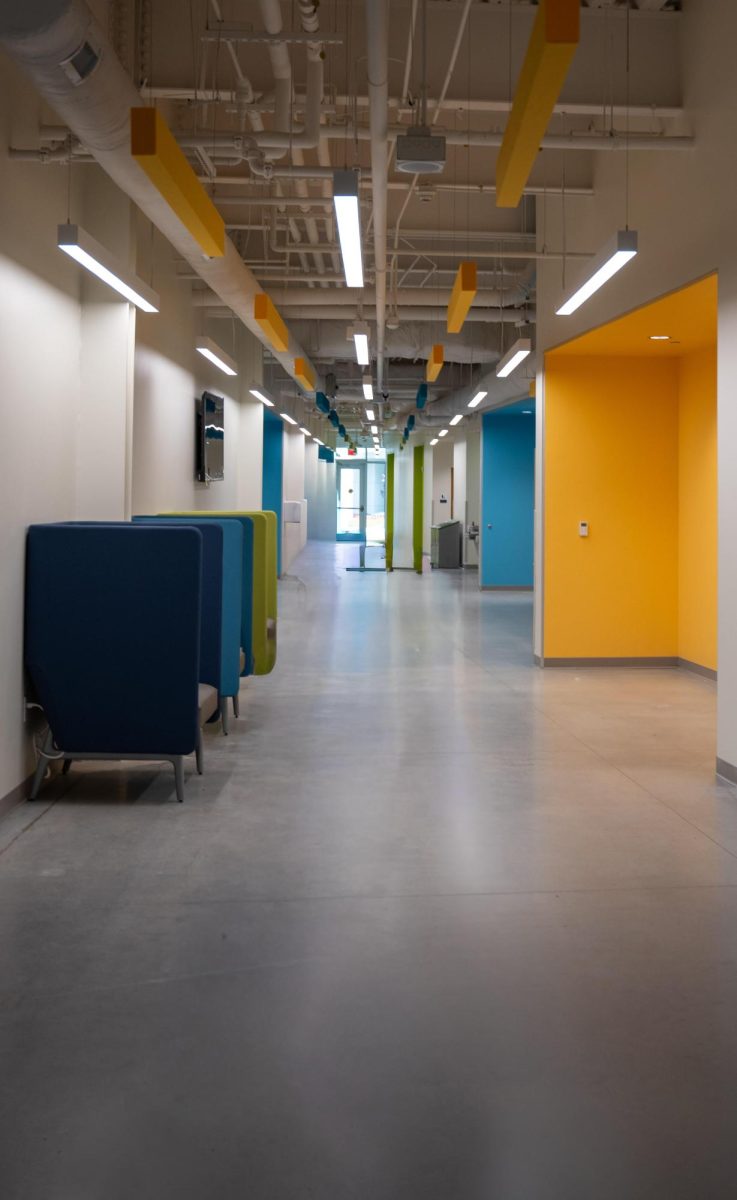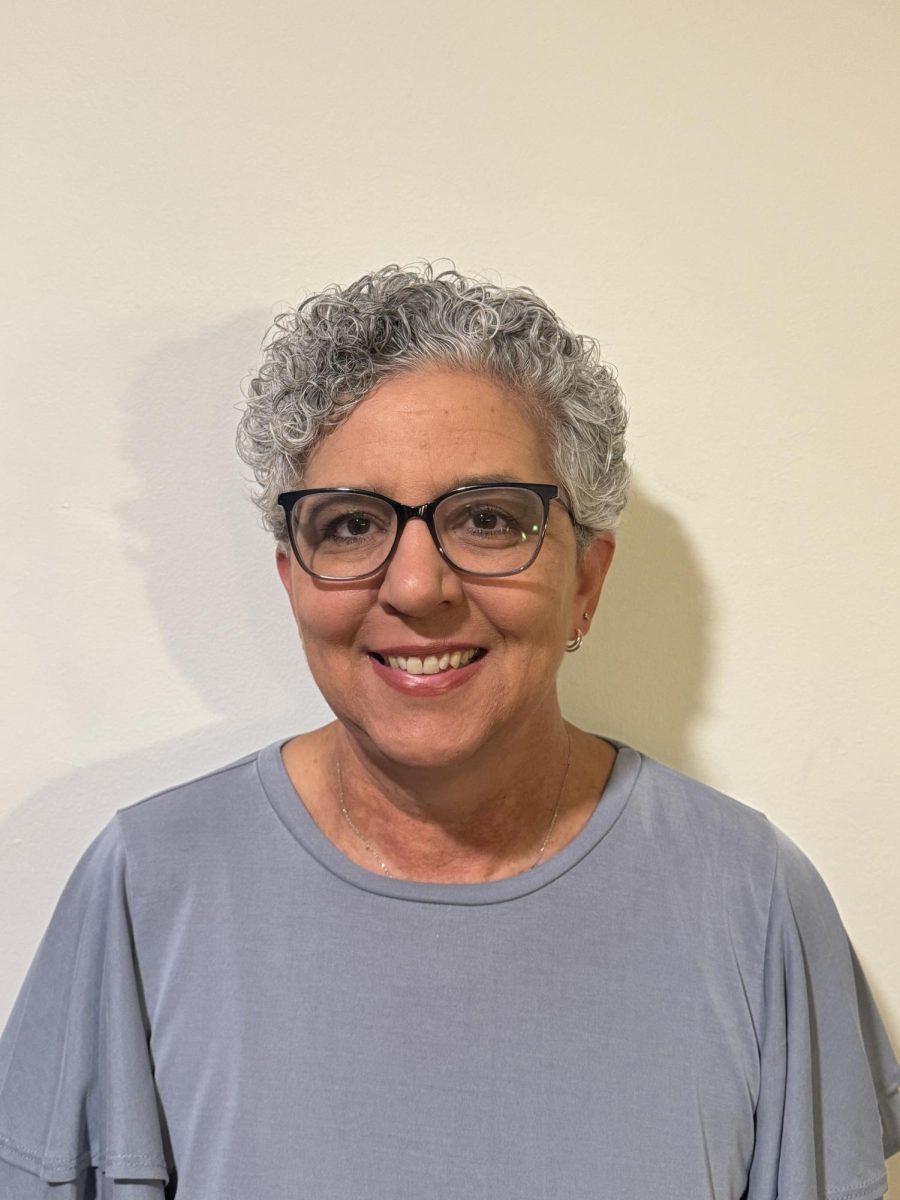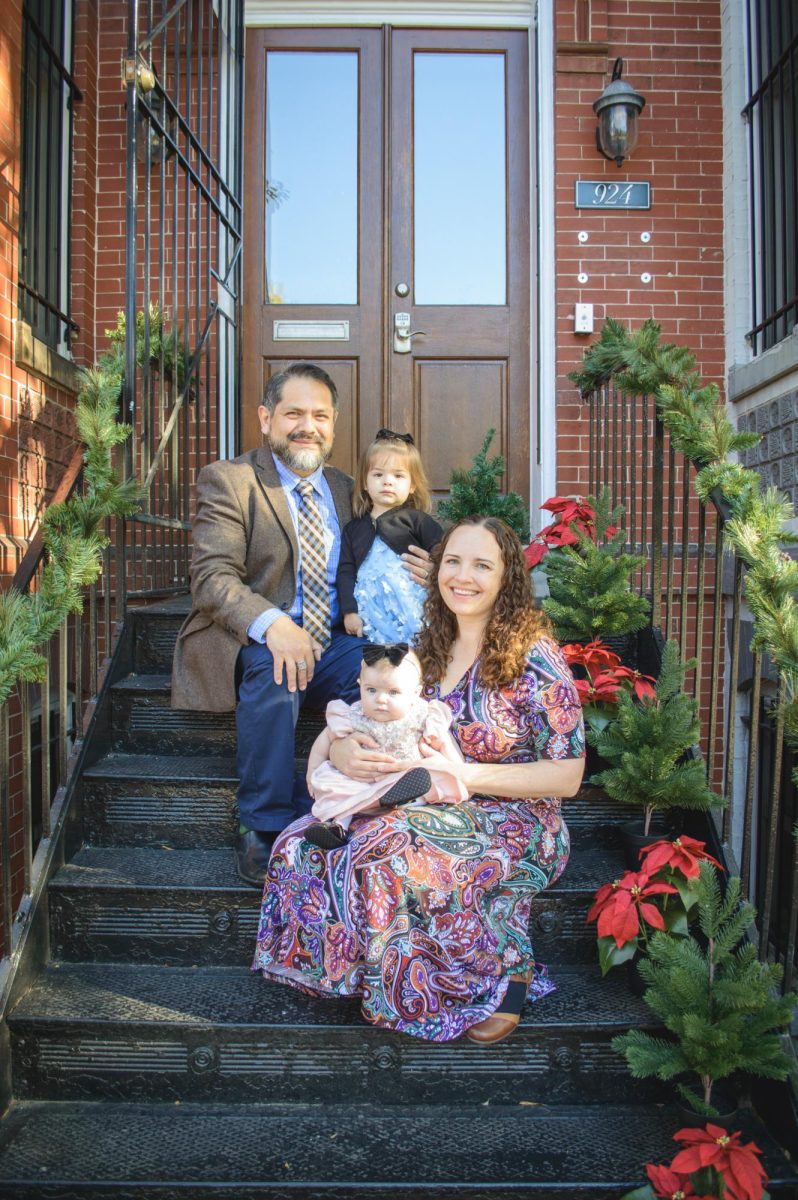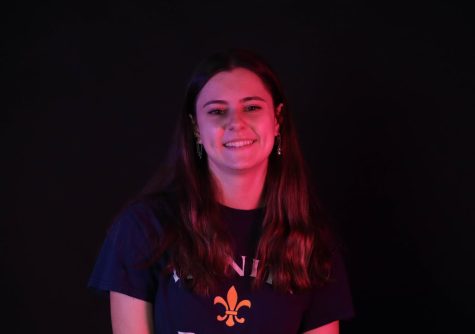Greetings earthlings! I am ChatGPT, the AI language model with a twist. I’m here to blow your mind with my ability to generate human-like text with ease. Whether you’re looking for a witty conversation or need some information, I’m your AI. So let’s explore the wonders of the universe, or just have a chat – the choice is yours! Ready to have some fun? – Generated by ChatGPT
What is ChatGPT?
Founded by various prominent technology figures such as billionaire Elon Musk and entrepreneur Sam Altman, tech company OpenAI aims to make programming easier for professionals and more accessible to people who want to learn how to code. ChatGPT, also known as Chat Generative Predictive Text, is their most recent project; an AI model released into a freely accessible beta version in November of 2022.
When someone inputs a question into the program, it seems to “understand” and respond in a human-like way, pulling information and sources from the internet According to OpenAI, the program was trained using a method called Reinforcement Learning from Human Feedback (RLHF), a model trained specifically to “satisfy” the user’s request by using predictive algorithms and learning, a process more similar to puppy training than machine. In contrast, non-RLHF models will have a more “code-like” response that feels like it is generated from a computer.
What can ChatGPT do?
With adaptive learning and human-like outputs, ChatGPT can do almost anything it is asked. For example, the program can not only explain almost any topic, but also change how it presents this information. Chief Technology Officer Alex Podchaski said that while he was researching possibilities for the program, he discovered its ability to explain complex topics at the level of a 6th grade student all the way through to 12th.
The program can also provide a wide variety of tasks that are not explanatory in nature, such as giving advice for social situations or finishing tedious writing tasks.
“Long ago, I had a background in corporate writing, and I remember writing dreadfully boring pieces for say the annual report for a corporation,” English department chair Susan Lilley said. “But to be able to have those numbers and have a machine that writes the report…I think that is an advantage in the industry.”
However, the program so far has been found to have many inaccuracies in its responses, sometimes making up outright false information. When Podchaski tested the program’s ability to write a biography about himself, he discovered that the program relayed information he had never heard of before.
“It told me that I was born in Poland and that I immigrated at some point before my birth,” Podchaski said. “You don’t know what [ChatGPT] is pulling, and it’s not capable of giving you sources.”
Some teachers are using these flaws to their advantage–in computer science teacher Susan Frederick’s programming classes, students utilized the AI to create different bugs that would then be fixed by the students.
How are schools responding to ChatGPT?
With the capability for generating responses to school questions and essays, ChatGPT has caused many teachers to reconsider how they implement their assignments. Lilley said that when her seniors first told her about the program in AP English Literature, they began working together to test how the engine would respond to class essay prompts.
“It was shocking that it sort of made sense,” Lilley said. “You could tell it was kind of soulless, but it was fine. That’s kind of amazing and scary at the same time.”
Lilley is not worried that the AI will impact her English class, as she says that preparation for the AP exam in May will be mostly handwritten essays in class which cannot be plagiarized. However, she recognizes that other teachers may not be so fortunate.
“I expect that our assignments will diversify accordingly, and teachers will be more careful about assignments that can be easily perpetrated by ChatGPT,” Lilley said.
At Trinity, Podchaski is in charge of researching and presenting information about ChatGPT, and his process of determining how Trinity should handle the new AI followed the same protocol as any other technological review. Podchaski said that he ultimately decided to block the software on school wifi due to privacy and legal concerns about the age requirements, until further research could be done.
Frederick said that she and Podchaski are working with computer science professors at UCF in order to talk about policies being made at the higher education level and possibly model and advise how Trinity creates policies for the program in the future.
Lilley said that she is also collaborating with her English colleagues at UCF to discuss how assignments should be formatted in order to avoid the potential for plagiarism. However, Lilley says that regardless of policies, prevention can only go so far.
“I really believe that who you are really cheating is yourself when you don’t do your own work because that is how you grow as an intellect and as a future professional,” Lilley said.
What will ChatGPT look like in the future?
Although the current model of ChatGPT sometimes produces inaccurate statements and uses unreliable sources, teachers, students and professionals are hopeful about the future as the program improves with the additional data it receives daily from the open beta program.
“The possibilities are there to make [ChatGPT] very, very accurate,” Frederick said. “[But] our Trinity students are too smart and have too much to offer the world to start relying on some artificial intelligence.”
The owner of ChatGPT has already made announcements on social media of a paid version being released that can even be customized for individual companies using their own data entries and training, further increasing the potential accuracy and applications of the program.
“The basic technology that’s predictive text will never be able to properly mimic a human voice because part of the uniqueness of each of us is [that] we have our own foibles in speaking and writing,” Podchaski said.




